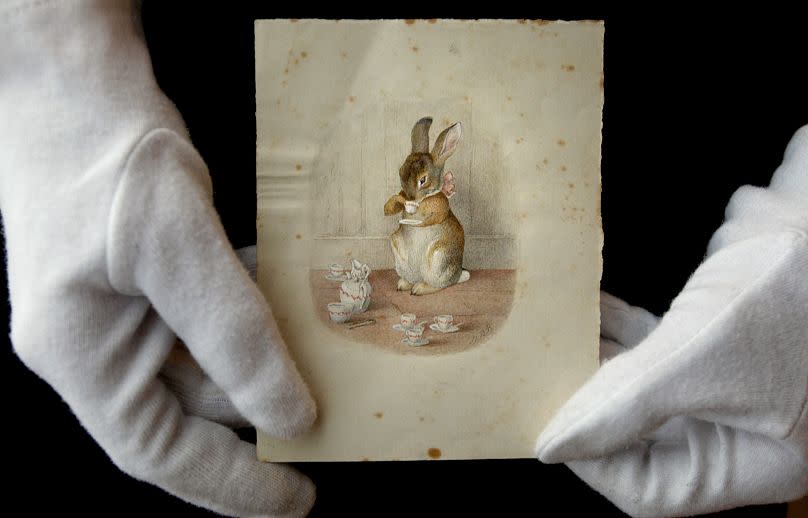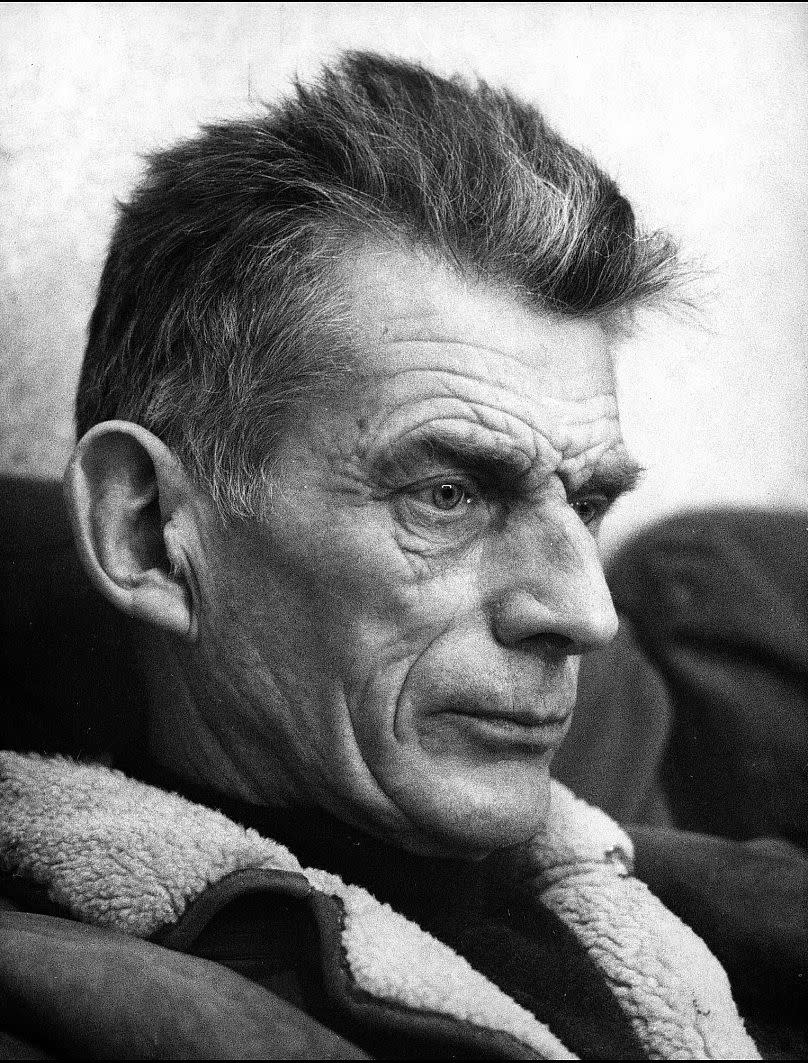Culture Re-View: Remembering Beatrix Potter and Samuel Beckett

- Oops!Something went wrong.Please try again later.
- Oops!Something went wrong.Please try again later.
- Oops!Something went wrong.Please try again later.
On this day in 1943 and 1989, two great writers faced their end. Both had significant contributions to their fields of literature in their day, and the impact of their works continues to this day.
Culture Re-View: How the Brothers Grimm changed fairy tales forever in 1812
Culture Re-View: The day Gangnam Style broke a billion views
Beatrix Potter
The first we’ll bring up is the English writer, illustrator, natural scientist and conservationist Beatrix Potter.
Born in 1866 as Helen Beatrix Potter, she was from a wealthy family and spent most of her childhood separate from other children. Instead, she formed relationships with several governesses who took on parenting duties.
Potter’s formative moments were on holidays spent in the countryside, particularly in the Lake District which she would form a particularly deep kinship with. Documenting and conserving the countryside’s flora and fauna would become a lifetime obsession.

But beyond her relationship with nature, there was Potter’s literary career. Inspired by fairy tales, children’s stories and the English countryside, Potter published ‘The Tale of Peter Rabbit’ in 1902.
It was an immediate success with children across the country adoring the mischievous lead rabbit character Peter.
From then on, Potter released up to two books in the series every year until 1913. With a few more released over the following two decades, Potter wrote a total of 23 children’s tales, as well as many more adjacent children’s books.
Peter Rabbit has become a national treasure in the UK, with many children growing up with the character. They’ve even been adapted into a somewhat sweet film in 2018, ruined only by James Cordon voicing Peter.
Potter died on this day in 1943 aged 77.
Samuel Beckett
From childhood whimsy to the depths of despair...
Born in Dublin in 1906, Samuel Beckett is one of the greatest writers in Ireland’s astonishing literary tradition.
Beckett quickly made waves on the literary scene after he started studying at Trinity College Dublin. He assisted James Joyce in his research for his near-impenetrable masterpiece ‘Finnegan’s Wake’.

After becoming a lecturer at his university, Beckett started publishing poetry and novels. His early works were marred by an attempt to follow in the footsteps of Joyce, his idol. It wasn’t until the Second World War, that Beckett would find his literary modus operandi.
While living in France, he joined the French resistance against the Nazis. The impression that the war’s devastation made on Beckett imprinted into his work. It became sparse in its language but dense in meaning. Bleak yet hilarious. The stage was set for his masterpiece.
Beckett’s play ‘Waiting for Godot’ was first performed in 1953. First written in French, the play was met with confusion. Nothing happened, yet it transfixed audiences.
Over a large legacy of plays, novels, and poems, Beckett transformed theatre and literature to a post-war and postmodern mentality of meaning, humour and existentialism.
Beckett won the Nobel Prize in Literature in 1969.
He died on this day in 1989, aged 83.

